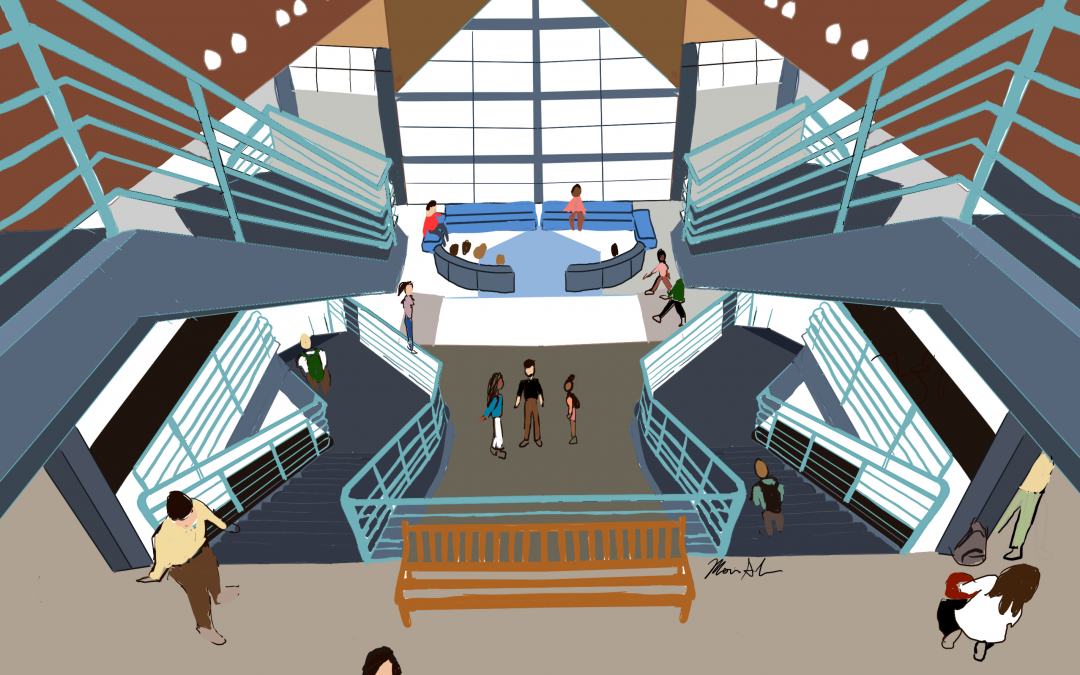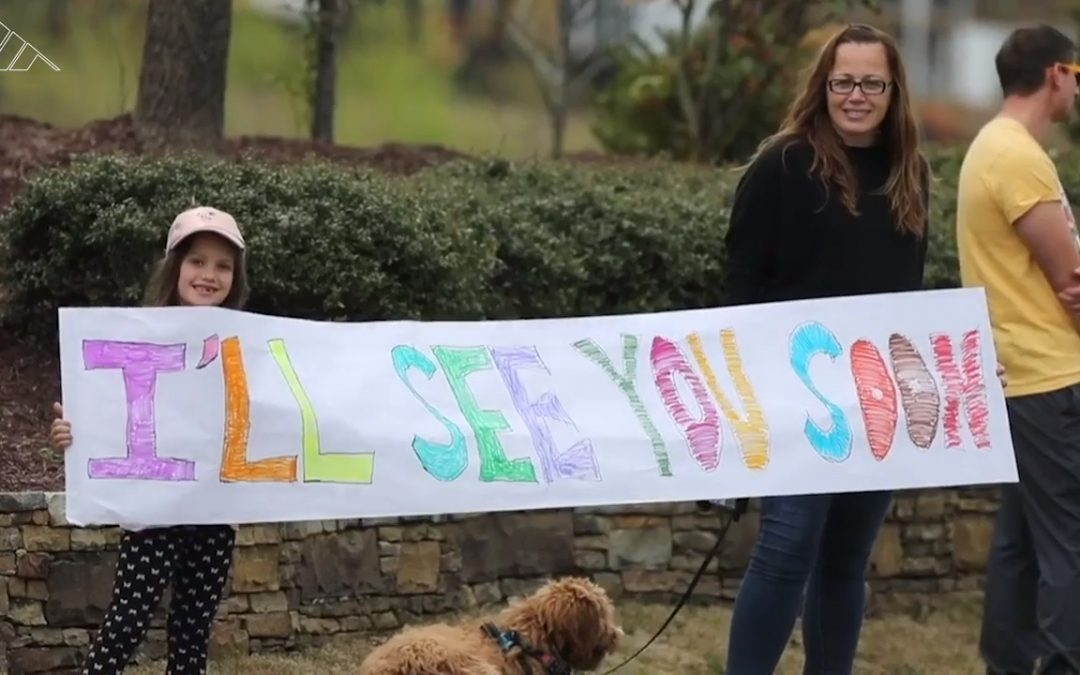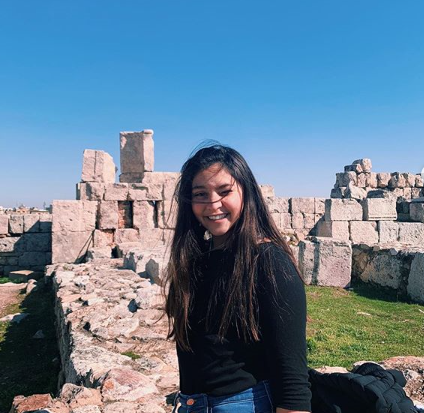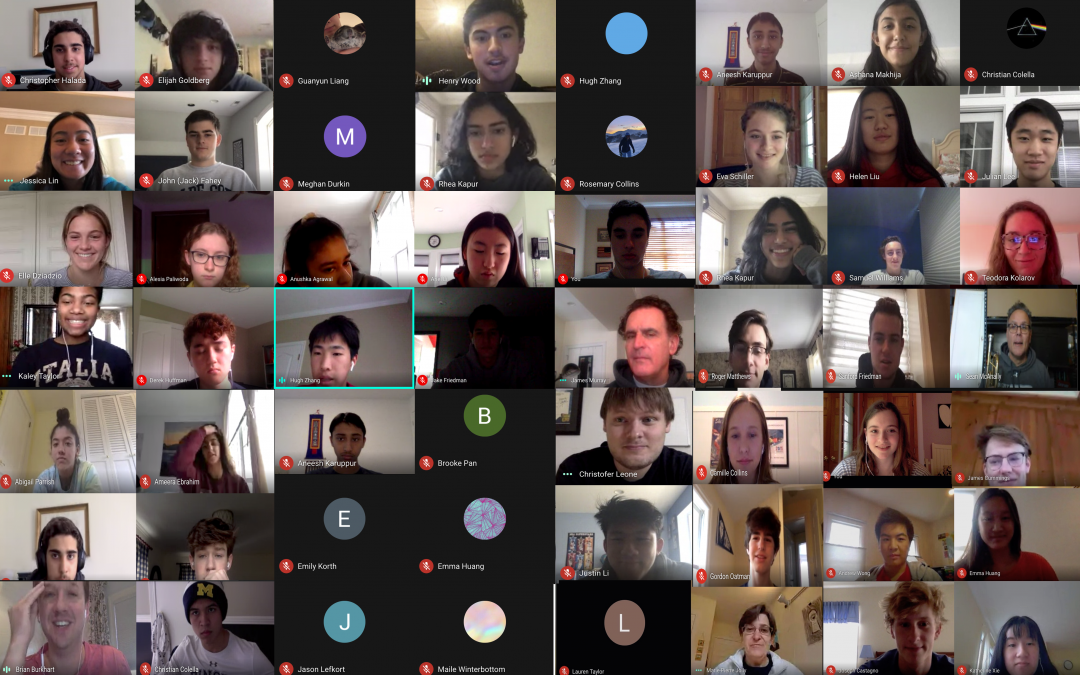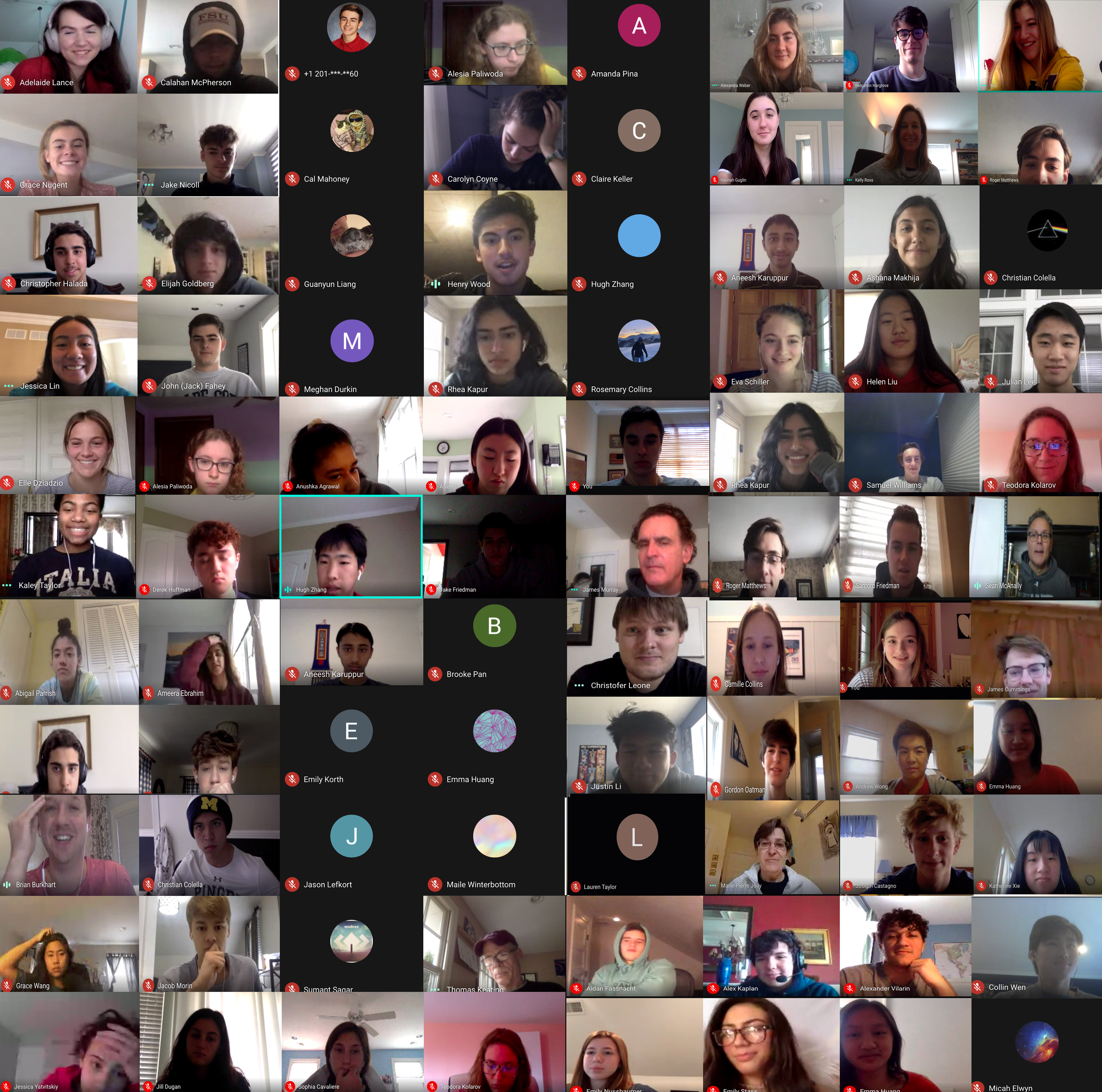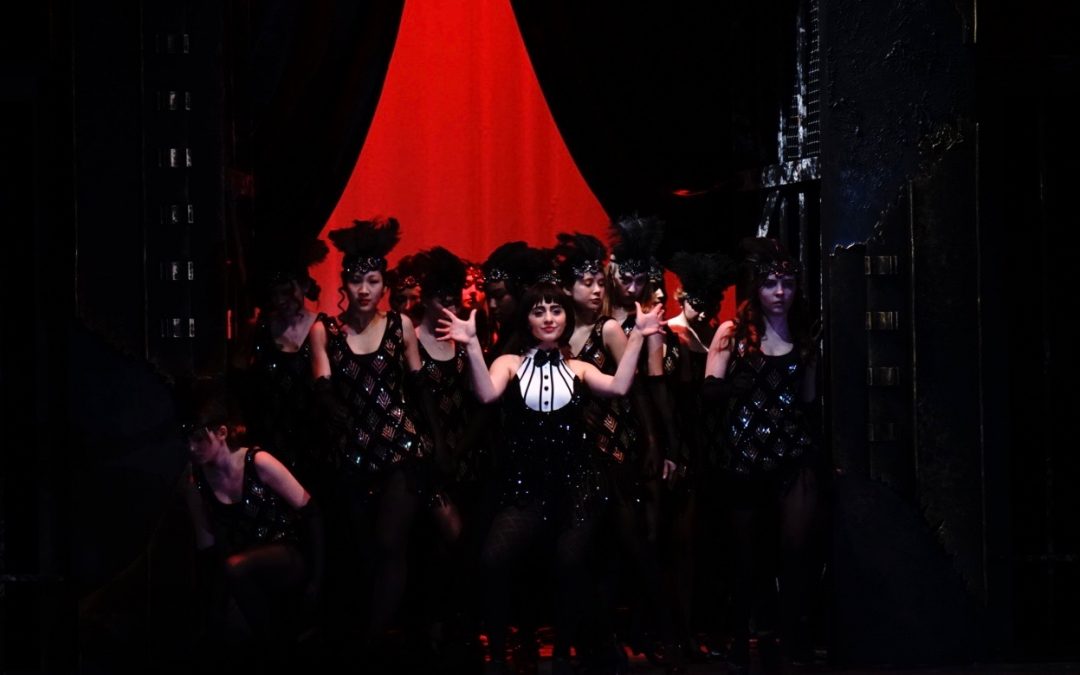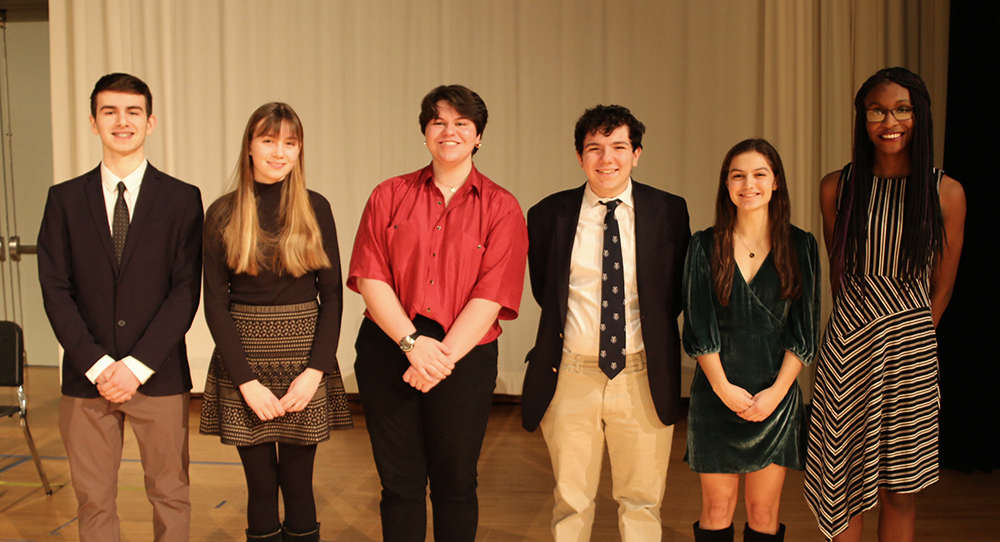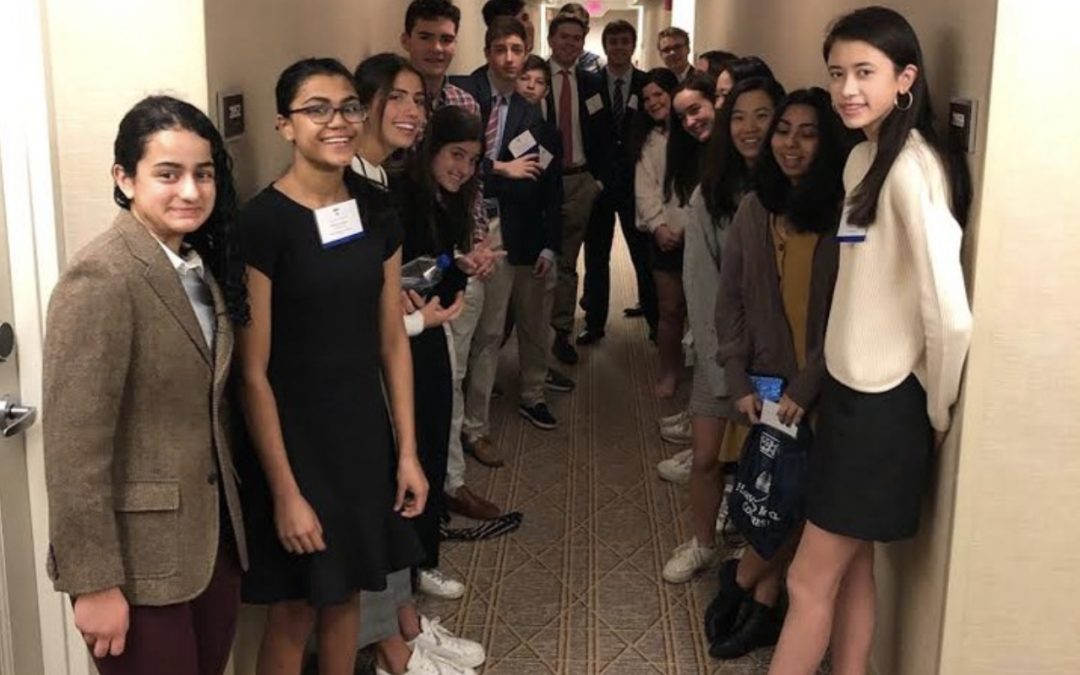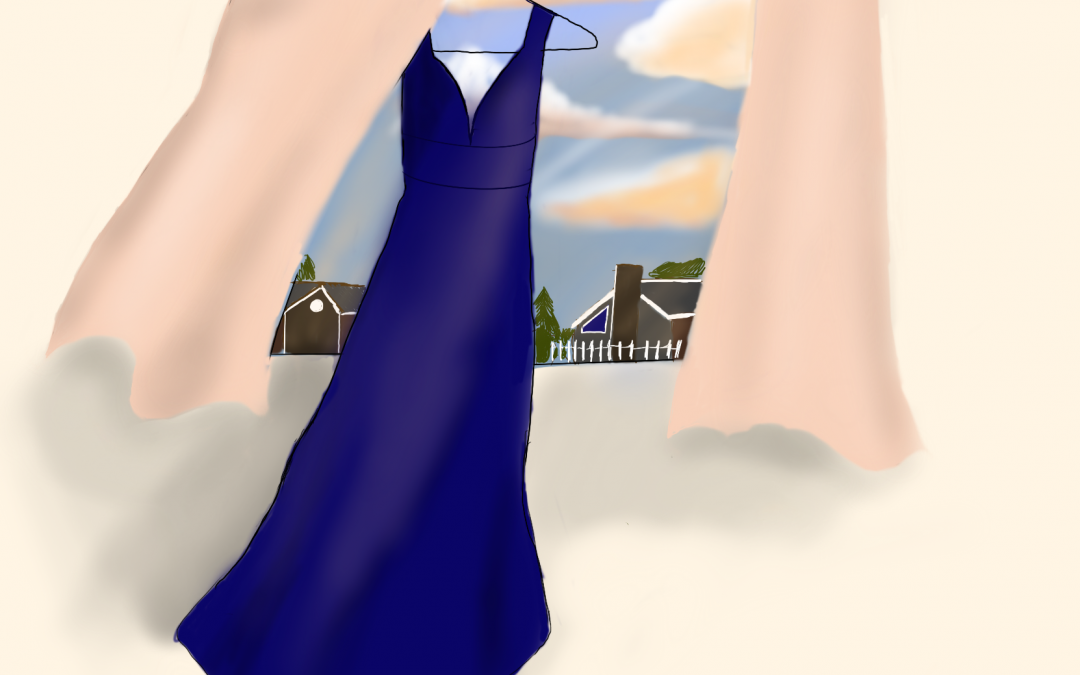By Brian Li
I did not want to come to Pingry. When I first received the phone call from the Admissions Office as an eighth-grader, I was ambivalent. The thought of being a new student in a new school in a new town was an incredibly daunting one. I remember the first night in a new home, the surprise of seeing bookbags strewn across the floor, and the angst of finding a seat in the lunchroom. My freshman advisor Ms. Lily Wang noted bluntly to my family that I had a penchant for isolating myself in the library during my free time, where I could slide into a cubicle and go unnoticed.
For the longest time, I struggled to identify with Pingry, and there were many nights when I questioned if the Admissions Office had erred. A friend once commented that I am an introvert who acts like an extrovert, and so it was extremely uncomfortable to feel like I could only see the community through a window. “People at my old school aren’t like this,” I would quietly think to myself. Although I am loath to admit it, there was a bitterness within me that bordered on animus.
Without realizing it, I had squandered my first weeks at Pingry making three foolish mistakes: first, I had a deep-seated impatience within me which desired for everything to happen instantly; second, I thought that I could become a part of the community without effort; and third, I was blind to the deep-seated humanity present in Pingry at large, as well as in the Class of 2020 in particular.
Pingry is a fast-paced community, but amidst our impulse to reach our goals, we often forget to appreciate that which can be gleaned from the journey. Like I said at Convocation, failures and setbacks are not frightening—they are fertile experiences for positive personal growth and transformation. My advisor Mr. Drew Burns’ exhortations to “slow down” and “run your own race” has become a calming mantra that has accompanied me during the stresses of junior and senior year, and I wish that I had known that as a freshman. It takes courage to see beyond the diktat of unchecked and half-baked ambitions that run on unreasonable schedules, and I lacked that as a freshman.
Despite my impatience, by Thanksgiving, I had found my people. I still vividly remember those people who welcomed me into the Pingry community as soon as I began to branch out: my freshman Art Funds class with Mr. Peter Delman, English 9 with Dr. Reid Cottingham, World History 9 with Dr. Ryan Staude (where I dropped an f-bomb after a very bad review Jeopardy bet), and the Quiz Bowl team.
Becoming a part of any community takes a bit of effort and a leap of faith. I have a calligraphy scroll hanging over my desk which reads “盡人事 順天意”—do what you must and then follow the will of heaven. Everything happens in due course, and with a little bit of patience, I was able to find a community which was teeming with humanity, spirit, and compassion. I have been so privileged to serve our community as a member of Student Government and to have come to personally know so many other amazing people through the other hats I wore over the past four. I am ever grateful to my peers and teachers for accepting me with my eccentricities, clumsiness, and flaws, and for motivating me to work hard to better myself.
The Pingry Record has asked me to think and reflect on the defining moments of my time as a part of Pingry and the Class of 2020. I find it difficult to do so, as the friendships and bonds we share are a constant presence in our lives, even when we are apart. Pingry and the Class of 2020 have created a dynamic and resilient community which has celebrated each other’s successes, comforted each other during setbacks, and bravely weathered both the Pingry Plague and COVID-19.
This is a community which has squashed my naïve skepticism with its warmth. This is a community which seeks out the most meaningful and unique parts of each person who has passed through its doors. And, over the past four years, there have been all too many moments when the members of this community have looked at each other with a mix of disbelief and pride at the ways we have enriched each other’s lives, created lasting memories, and grown in ways we could have never imagined.
I did not want to come to Pingry. When I first received the phone call from the Admissions Office as an eighth-grader, I was ambivalent. The thought of being a new student in a new school in a new town was an incredibly daunting one. I remember the first night in a new home, the surprise of seeing bookbags strewn across the floor, and the angst of finding a seat in the lunchroom. My freshman advisor Ms. Lily Wang noted bluntly to my family that I had a penchant for isolating myself in the library during my free time, where I could slide into a cubicle and go unnoticed.
For the longest time, I struggled to identify with Pingry, and there were many nights when I questioned if the Admissions Office had erred. A friend once commented that I am an introvert who acts like an extrovert, and so it was extremely uncomfortable to feel like I could only see the community through a window. “People at my old school aren’t like this,” I would quietly think to myself. Although I am loath to admit it, there was a bitterness within me that bordered on animus.
Without realizing it, I had squandered my first weeks at Pingry making three foolish mistakes: first, I had a deep-seated impatience within me which desired for everything to happen instantly; second, I thought that I could become a part of the community without effort; and third, I was blind to the deep-seated humanity present in Pingry at large, as well as in the Class of 2020 in particular.
Pingry is a fast-paced community, but amidst our impulse to reach our goals, we often forget to appreciate that which can be gleaned from the journey. Like I said at Convocation, failures and setbacks are not frightening—they are fertile experiences for positive personal growth and transformation. My advisor Mr. Drew Burns’ exhortations to “slow down” and “run your own race” has become a calming mantra that has accompanied me during the stresses of junior and senior year, and I wish that I had known that as a freshman. It takes courage to see beyond the diktat of unchecked and half-baked ambitions that run on unreasonable schedules, and I lacked that as a freshman.
Despite my impatience, by Thanksgiving, I had found my people. I still vividly remember those people who welcomed me into the Pingry community as soon as I began to branch out: my freshman Art Funds class with Mr. Peter Delman, English 9 with Dr. Reid Cottingham, World History 9 with Dr. Ryan Staude (where I dropped an f-bomb after a very bad review Jeopardy bet), and the Quiz Bowl team.
Becoming a part of any community takes a bit of effort and a leap of faith. I have a calligraphy scroll hanging over my desk which reads “盡人事 順天意”—do what you must and then follow the will of heaven. Everything happens in due course, and with a little bit of patience, I was able to find a community which was teeming with humanity, spirit, and compassion. I have been so privileged to serve our community as a member of Student Government and to have come to personally know so many other amazing people through the other hats I wore over the past four. I am ever grateful to my peers and teachers for accepting me with my eccentricities, clumsiness, and flaws, and for motivating me to work hard to better myself.
The Pingry Record has asked me to think and reflect on the defining moments of my time as a part of Pingry and the Class of 2020. I find it difficult to do so, as the friendships and bonds we share are a constant presence in our lives, even when we are apart. Pingry and the Class of 2020 have created a dynamic and resilient community which has celebrated each other’s successes, comforted each other during setbacks, and bravely weathered both the Pingry Plague and COVID-19.
This is a community which has squashed my naïve skepticism with its warmth. This is a community which seeks out the most meaningful and unique parts of each person who has passed through its doors. And, over the past four years, there have been all too many moments when the members of this community have looked at each other with a mix of disbelief and pride at the ways we have enriched each other’s lives, created lasting memories, and grown in ways we could have never imagined.

